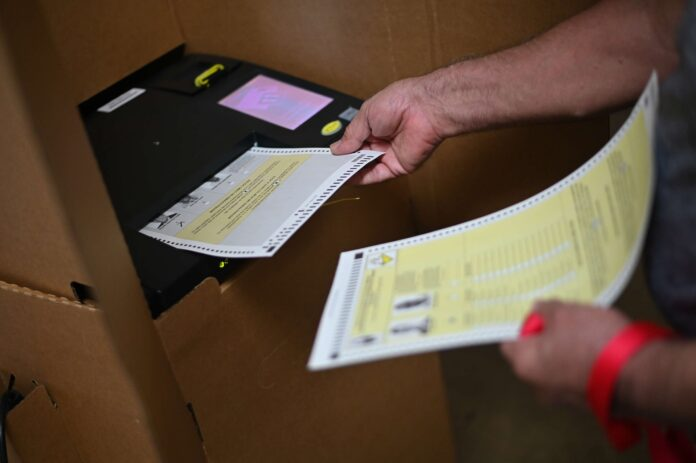
---
On Thursday, the American Civil Liberties Union, Puerto Rico Chapter (ACLU-PR), together with the Puerto Rico Bar Association, published their initial findings from observing the electoral process during Tuesday’s general elections.
The organizations, acting as independent observers, highlighted several irregularities and obstacles that they claim adversely impacted the transparency and credibility of the electoral system in Puerto Rico.
In their preliminary report, the groups raised concerns about challenges faced by electoral observers. In at least two instances, coordinators and officials barred duly identified and accredited observers from entering polling stations. In another event, an observer was stopped from taking photographs, in violation of the protocols set forth by the State Elections Commission (SEC).
The organizations also pointed out various barriers to access at polling places, which they stated hindered participation from individuals with functional diversity. Among the recognized issues were a lack of proper parking, inadequate or absent ramps, non-accessible portable toilets, and a shortage of Braille ballots or magnifying glasses for those with visual impairments. Furthermore, they observed that in some voting centers, the option to vote by telephone was unavailable.
According to the organizations, the report indicates issues with counting machines and malfunctioning computers in numerous polling stations. Instances were documented where the machines failed to operate correctly, lacked adequate batteries, or would not accept ballots. In certain locations, the machines had trouble reading marks made with an “X”, which affected the accurate counting of votes.
The organizations also noted delays in the distribution of electoral materials and a lack of officials present. In many schools, the materials did not arrive until after 7 a.m., which postponed the opening of polling stations that were scheduled for 9 a.m. There were additional reports of insufficient accredited officials from all parties and complications for officials attempting to register and cast their votes.
Another concern raised was the infringement of the right to a secret ballot. It was noted that the voting booths arrived without curtains and that voter lines were very close to the booths, allowing visibility of the ballot during use. In some cases, elderly individuals or those with mobility challenges had to vote at tables without any privacy, compromising the confidentiality of their votes.
